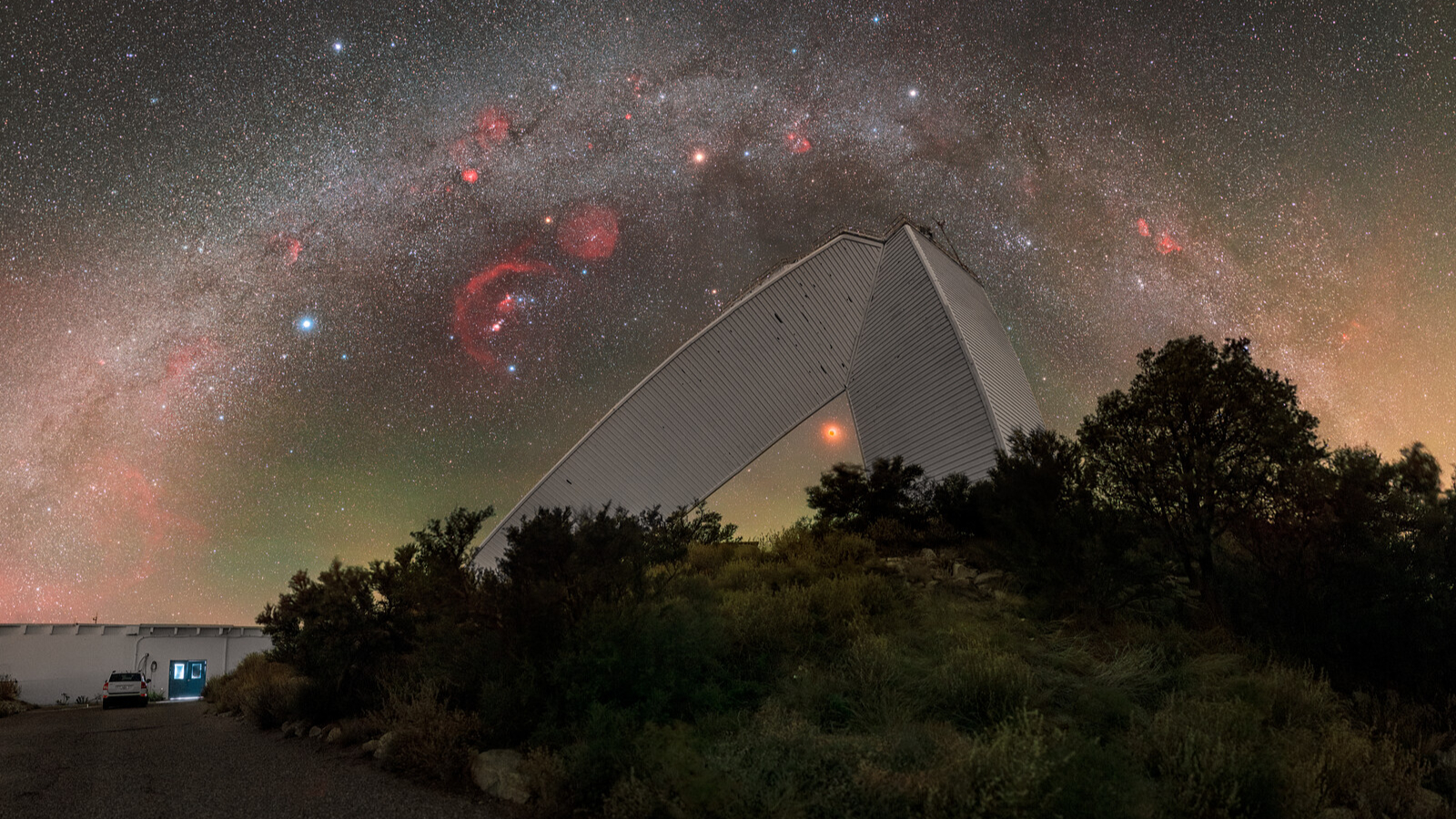Earth Day: What is it and why does it matter?
Earth Day highlights the actions we can take to address environmental problems.
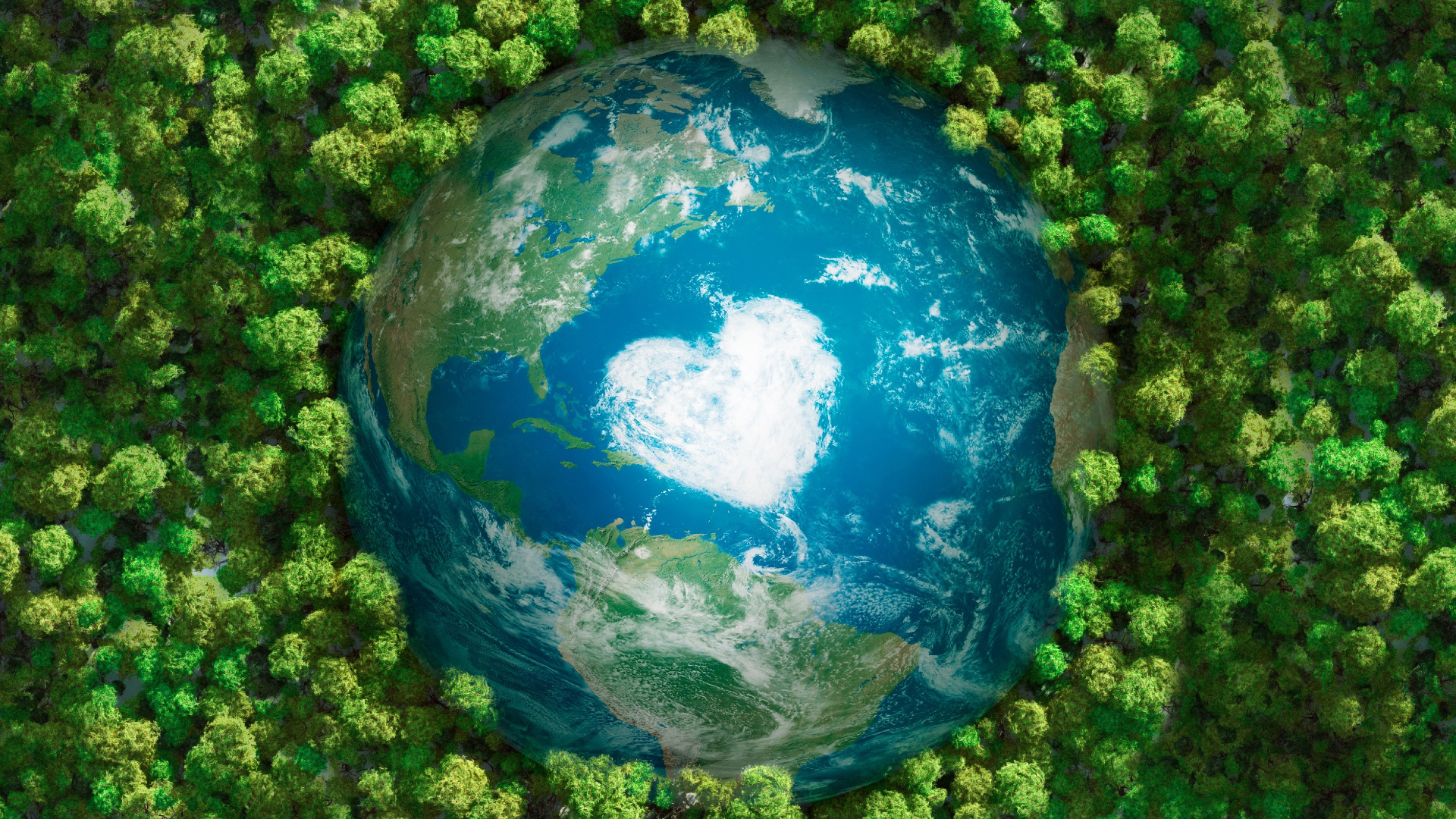
Earth Day is a global event held every year on April 22, dedicated to celebrating Earth's natural beauty and raising awareness about protecting our environment.
In the face of alarming phrases like "code red for humanity" and growing concerns about climate change, it’s easy to feel overwhelmed and unsure of where to start. However, Earth Day serves as a reminder that small, meaningful actions taken by individuals and communities can create a big impact.
Keep reading to discover more about Earth Day, why it matters, and how you can contribute to a healthier planet through simple changes and local efforts.
Related: 10 devastating signs of climate change from space
What is Earth Day?
How well do you know Earth? Take the Earth Day quizzes to find out.
Earth Day is an annual event that started in 1970 when 20 million Americans — 10% of the population of the U.S. at the time — came together to demonstrate the importance of increasing protection for our planet, according to the official Earth Day website EARTHDAY.ORG.
Nowadays it works with more than 150,000 partners in over 192 countries with 1 billion individuals involved, according to the official Earth Day website. Earth Day celebrates our planet and highlights the need to hold sectors accountable for their role in the environmental crisis.
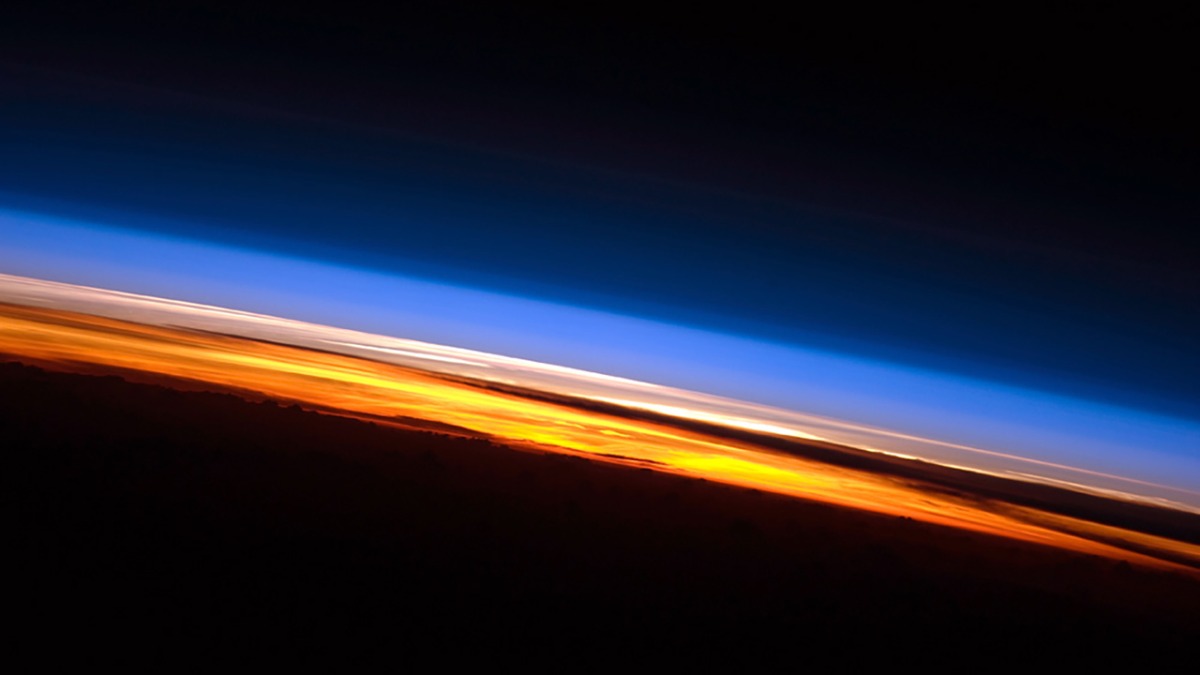
"Everyone accounted for, and everyone accountable" EARTHDAY.ORG states.
Environmental problems have become so urgent and widespread, that scientists and environmental organizations alike are saying addressing climate change is more urgent than ever. Jane Goodall, a chimpanzee researcher for the past 60 years, is among those scientists calling for a whole-systems approach to examining how to protect our climate.
"None of us can do it alone. It's quite ridiculous. The problems are huge," Goodall said at the 2021 Nature Conservancy in California Summit, available on YouTube.
"We need every single organization that cares about the future of the planet to get together and to work out ways that we can share these small pools of money available, and find ways of lobbying those billionaires who have so much money to help us so that we don't have to fight and squabble over funding," Goodall added.
Related: 15 places on Earth that look exoplanetary
Earth Day theme 2025

Earth Day 2025, marking its 55th anniversary, focuses on the theme "Our Power, Our Planet" calling for a global shift to renewable energy. EARTHDAY.ORG is calling for renewable energy generation, globally, to be tripled by 2030 and urges individuals, businesses, and governments to embrace sustainable energy solutions.
Renewable energy, from sources like solar and wind, is key to reducing reliance on fossil fuels, combating climate change, and improving health outcomes. With 49 nations already generating over half their electricity from renewables, the transition is gaining momentum, offering economic opportunities and creating millions of jobs.
EARTHDAY.ORG emphasizes the power of grassroots activism, encouraging people to advocate for renewables in their communities. The movement envisions a future of accessible, low-cost energy for all, improving living standards and addressing global inequalities.
Join the conversation and take action this Earth Day to support a cleaner, greener planet.
How you can take part in Earth Day
Earth Day events take place in many countries around the world. Consult the official map to see what is taking place close to you.
The official Earth Day website has a list of activities that you can get involved in to be part of the movement. You can also sign up to volunteer with EARTHDAY.ORG, become an Earth Day member and even register your own Earth Day event for people to take part in.
Agencies like NASA have a helpful Earth Day toolkit which includes great resources and Earth Day activities for you to enjoy in the community or at home. The Old Farmer's Almanac also has 10 mini-activities that you can do such as planting flowers to attract pollinating creatures like bees, stopping pesticide use in your garden, and managing your water consumption carefully.
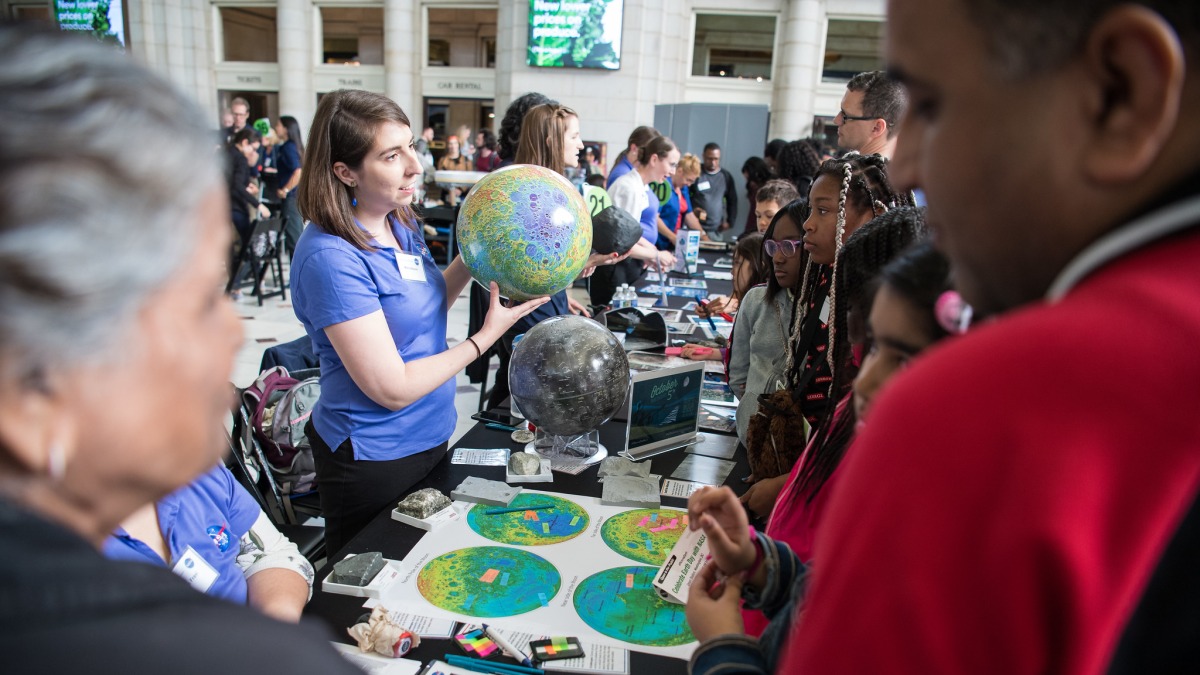
When and why was Earth Day established?

The U.S. Environmental Protection Agency notes that 1970 was a very different world for all of us. Not only was there no Clean Air Act, Clean Water Act, nor even an EPA, but overall, "there were no legal or regulatory mechanisms to protect our environment," the agency states.
Americans and others, however, were already aware of the toll on the environment that chemicals were taking. Events such as the publication of Rachel Carson's book "Silent Spring" (1962) which showed the environmental effect of chemicals, and a 1969 oil slick fire on Cleveland's Cuyahoga River, both caught a lot of public attention, according to History.com.
That began to change in 1969, when Senator Gaylord Nelson (D.-Wis.) borrowed from the idea of anti-Vietnam War "teach-ins", or discussions, on campuses across the United States, History.com added. Nelson, an environmentalist, wanted to adopt the same type of grassroots approach to protecting the environment. It was Nelson who first announced the concept of an Earth Day in the fall of 1969, and following massive public support, the first Earth Day was celebrated on April 22, 1970.
My primary objective in planning Earth Day was to show the political leadership of the nation that there was broad and deep support for the environmental movement," Nelson, who died in 2005, said in 1980.
"While I was confident that a nationwide peaceful demonstration of concern would be impressive, I was not quite prepared for the overwhelming response that occurred on that day," Nelson continued.
"Two thousand colleges and universities, 10,000 high schools and grade schools, and ... more than 20 million Americans participated in one of the most exciting and significant grassroots efforts in the history of this country."
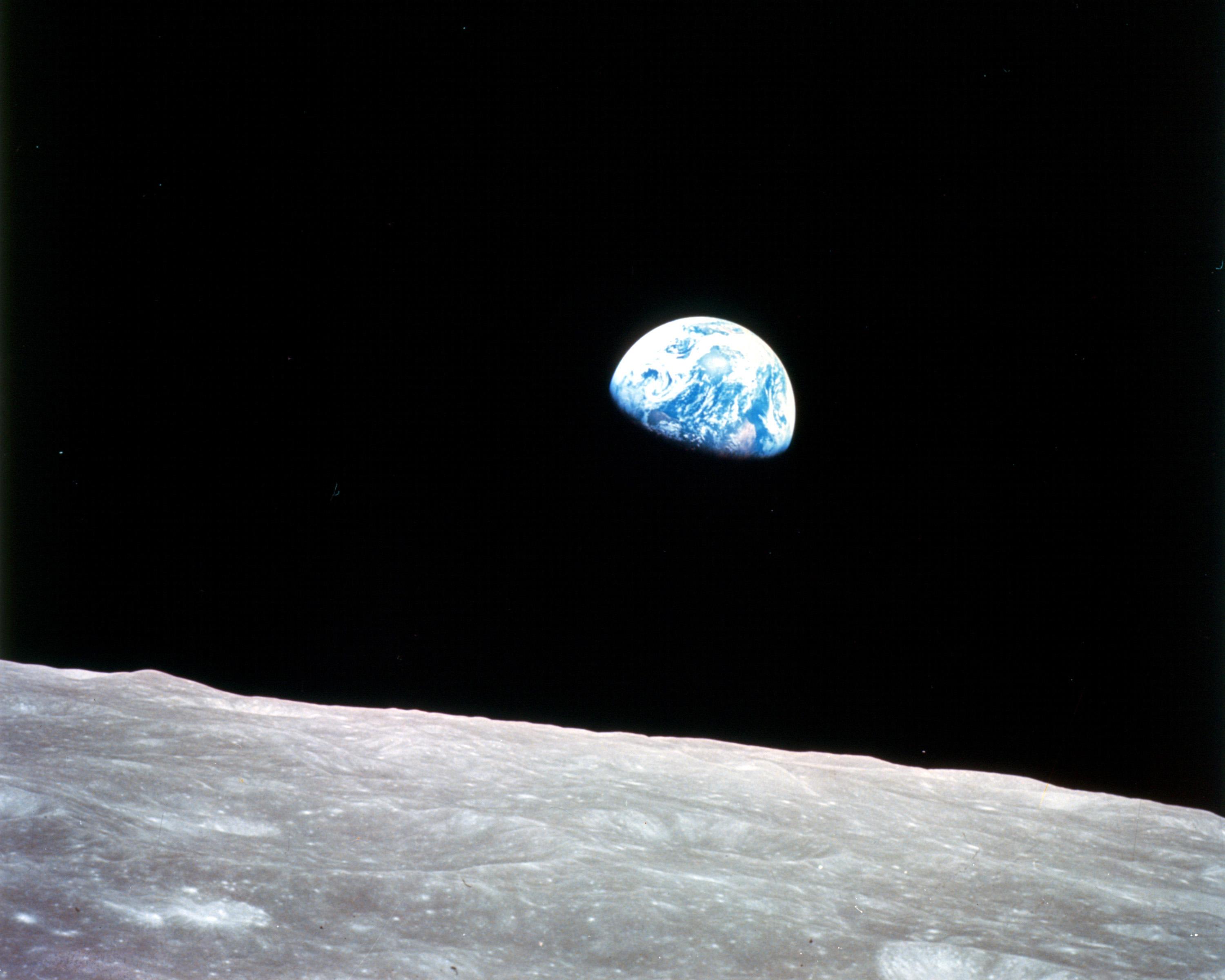
Importance of Earth Day
While protecting our planet has always been a theme of Earth Day, that call for coverage is becoming more urgent by the year. In August 2021, worldwide scientists released the Intergovernmental Panel on Climate Change (IPCC) Sixth Assessment Report, which is a state of affairs of human-caused climate change.
This latest report was so alarming that António Guterres, the United Nations secretary-general, termed it "a code red for humanity." Guterres noted that the IPCC has been asking for years to limit global warming worldwide to 1.5 degrees Celsius. As of the 2021 report, the average is already 1.2 degrees.
"The alarm bells are deafening, and the evidence is irrefutable: greenhouse gas emissions from fossil fuel burning and deforestation are choking our planet and putting billions of people at immediate risk," Guterres added in the statement.
"Global heating is affecting every region on Earth, with many of the changes becoming irreversible ... The only way to prevent exceeding this threshold is by urgently stepping up our efforts, and pursuing the most ambitious path."
While experts sometimes disagree about the impact of climate change, the fact that it is happening and the fact that it is caused by humans is fully agreed upon by the climate community. The IPCC is one tool by which experts seek to minimize and manage the damaging effects of climate change, which are sure to continue for many more decades at the least.
To take a single aspect of global change monitoring that feeds into IPCC reporting, we can point to the value of Earth-observing satellites observing the effects of climate change from space.
Satellites can see the impact of wildfires, melting ice, seasonal warming or shifting, increasing floods and other effects of climate change. Decision-makers use satellites and artificial intelligence to predict crop yields, sea levels, extreme weather like tornados and other effects with direct impacts on humans and the ecosystem.
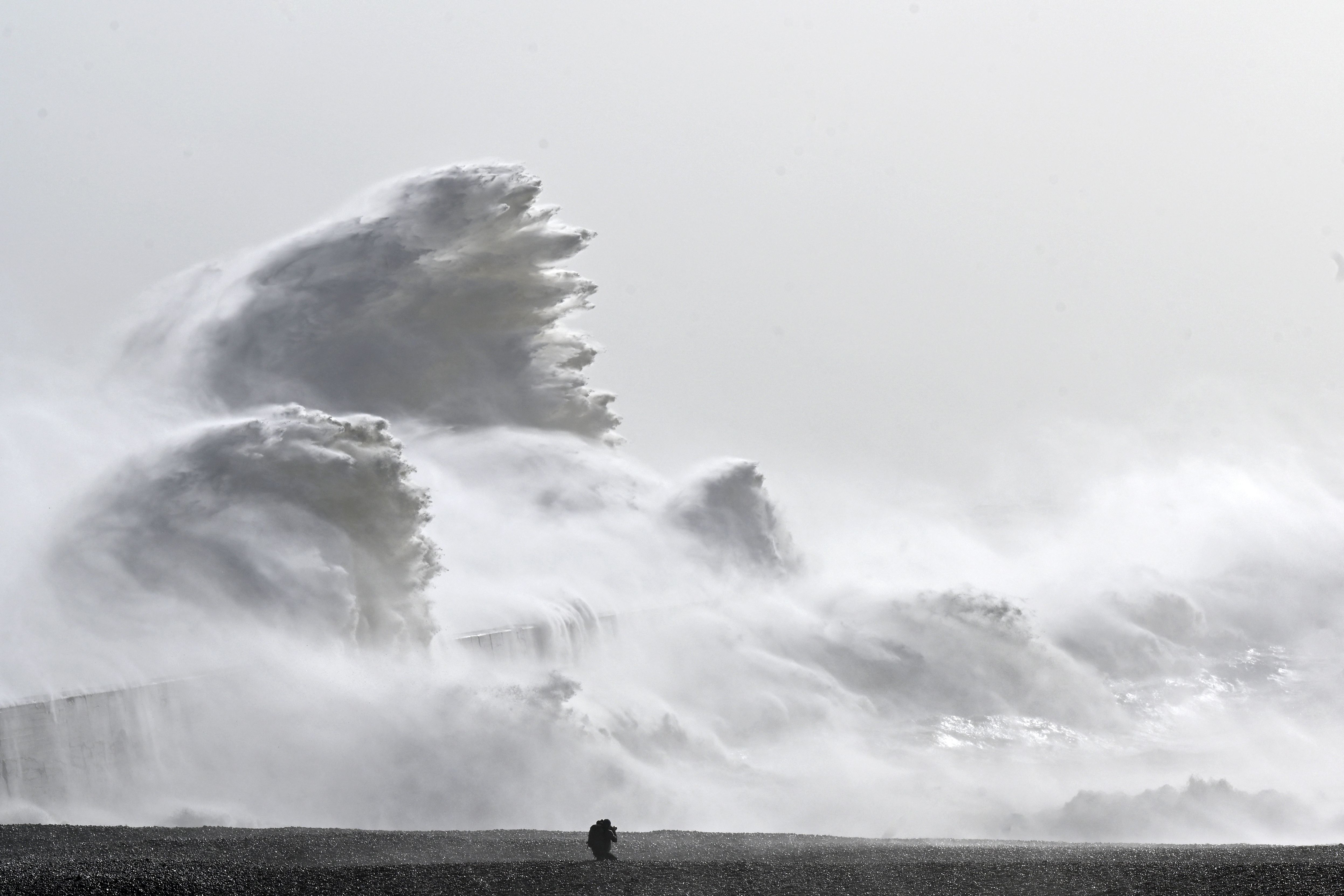
Additional resources
Learn more about the first Earth Day with the Library of Congress.
The European Space Agency has a list of Earth Day projects and activities available for the public. Explore a variety of Earth Day lessons and activities from NASA Jet Propulsion Laboratory.
Bibliography
Earth Day.org, "Earth Day", 2023, earthday.org
Intergovernmental Panel on Climate Change, "Sixth Assessment Report", Aug. 9, 2021, https://www.ipcc.ch/assessment-report/ar6/
NASA, "Earth Day 2022", April 8, 2022, https://www.nasa.gov/earth-day-2022
United Nations, "Secretary-General's statement on the IPCC Working Group 1 Report on the Physical Science Basis of the Sixth Assessment", Aug. 9, 2021, https://www.un.org/sg/en/content/secretary-generals-statement-the-ipcc-working-group-1-report-the-physical-science-basis-of-the-sixth-assessment
United States Environmental Protection Agency, "The First Earth Day in April 1970", July 15, 2021, https://www.epa.gov/history/epa-history-earth-day
Join our Space Forums to keep talking space on the latest missions, night sky and more! And if you have a news tip, correction or comment, let us know at: community@space.com.
Get the Space.com Newsletter
Breaking space news, the latest updates on rocket launches, skywatching events and more!

Daisy Dobrijevic joined Space.com in February 2022 having previously worked for our sister publication All About Space magazine as a staff writer. Before joining us, Daisy completed an editorial internship with the BBC Sky at Night Magazine and worked at the National Space Centre in Leicester, U.K., where she enjoyed communicating space science to the public. In 2021, Daisy completed a PhD in plant physiology and also holds a Master's in Environmental Science, she is currently based in Nottingham, U.K. Daisy is passionate about all things space, with a penchant for solar activity and space weather. She has a strong interest in astrotourism and loves nothing more than a good northern lights chase!
- Elizabeth HowellFormer Staff Writer, Spaceflight (July 2022-November 2024)
You must confirm your public display name before commenting
Please logout and then login again, you will then be prompted to enter your display name.
